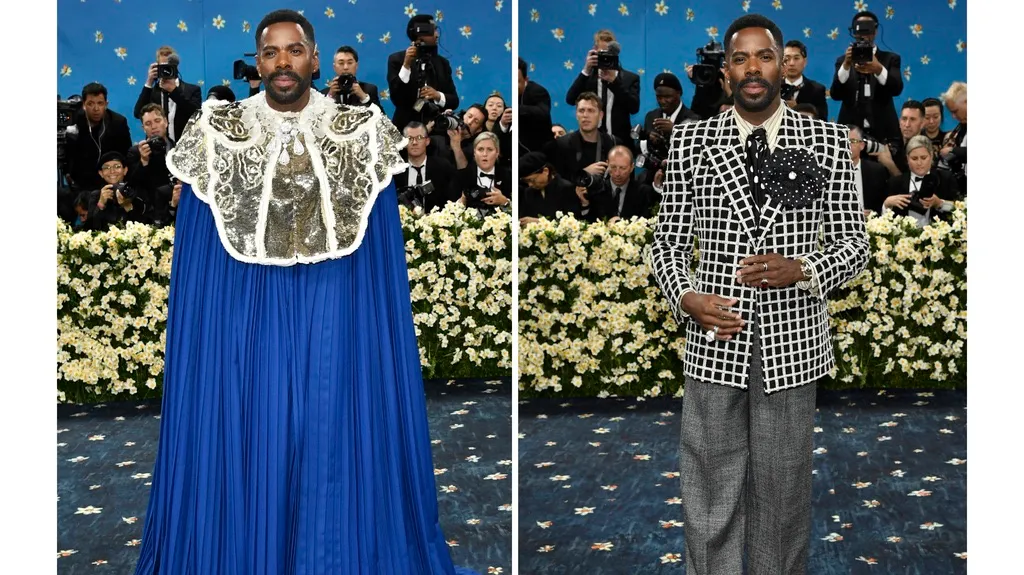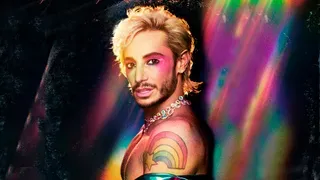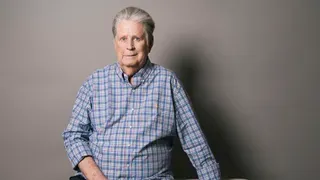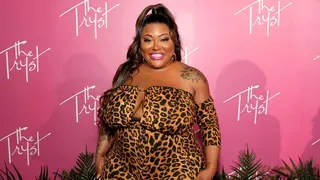March 25, 2016
Diversity on the Runway? Not Much, According to theFashionSpot
EDGE READ TIME: 3 MIN.
The numbers are in: TotallyHer Media's theFashionSpot has released its annual Diversity Report on the Fall 2016 runway shows in New York, London, Paris, and Milan. Surveying 312 shows and 8,727 model appearances, theFashionSpot examined the race, age, size, and gender identity of runway show casts to determine how much diversity in the fashion industry has grown this year.
Just over 75 percent of all models cast were white, and the numbers have been improving gradually -- 77.6 percent white models were reported for Spring 2016, and 80 percent white models were reported for the previous Fall 2015. While the runways are gradually becoming more racially diverse, models of color were featured less than 25 percent of the time and plus-size, transgender, and "aged" models (over age 50) continue to be underrepresented.
"There is still significant work to be done to eradicate the message of exclusion," said Jennifer Davidson, Managing Editor for theFashionSpot.com, part of TotallyHer, an Evolve Media company. "As our reports have been showing season after season, change is coming ever so slowly."
As theFashionSpot's Fall 2016 Diversity Report points out, New York-based designer Zac Posen made a powerful declaration that "Black Models Matter" by hiring an inclusive cast to model his collection, itself a tribute to a woman of color (the first East African woman to be admitted to the English bar, Princess Elizabeth of Toro). However, in Paris, one of the brightest stars in the industry, Demna Gvasalia, only hired one nonwhite model to walk the runway at Balenciaga, as if the racial makeup of his cast was an afterthought. Milan did not cast any plus-size, transgender, or models over 50.
On a positive note, a shift toward inclusion on the runway was most visible at H&M Studio. Among the cast that walked at the Swedish fashion chain's presentation was transgender, nonwhite, plus-size and aged models. When asked about the theme of the collection, Ann-Sofie Johansson, H&M creative advisor, said, "This collection is about the strength and beauty of women, and how we express that power through our style."
How Diversity Shapes Up on the Runway
Racial Diversity
Size
Body diversity continues to lag far behind racial inclusion. Of all the shows, there were only six plus-sized model appearances (four in New York and two in Paris) versus 14 plus-sized models from Spring 2016. Plus-size models were the least represented group for Fall 2016.
Transgender
Transgender models had a slight increase from Spring 2016. Eight transgender models were cast in New York, Paris and London with none in Milan.
Age
There was an increase in models over age 50 since Spring 2016. Eleven models over 50 walked the runaway versus only five last season.






